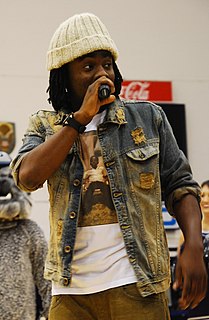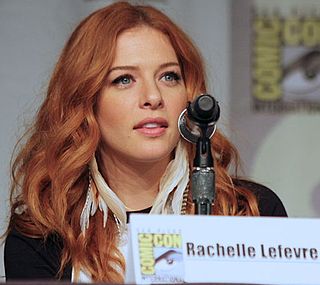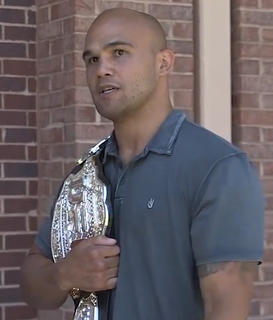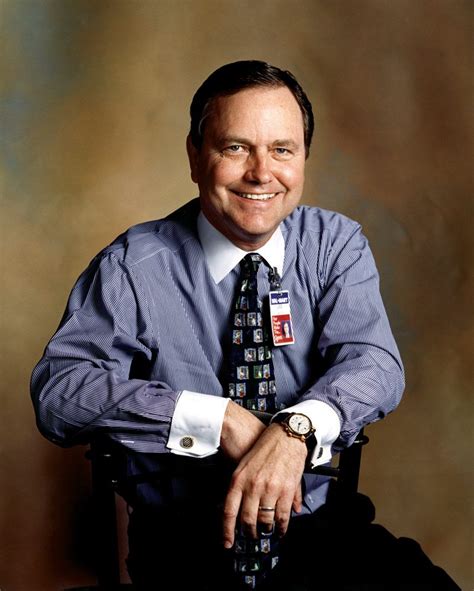A Quote by Wale
The Web is the new way to figure out who's hot and what's not. You can't let TV dictate because it's so polished, so political. It is what they want you to know. The Internet is the raw.
Related Quotes
When I was 14, I spent a huge amount of time on the Internet, but not the Internet we know today. It was 1994, so while the World Wide Web existed, it wasn't generally accessible. Prodigy and CompuServe were popular, and AOL was on the rise, but I didn't have access to the web, and no one I knew had access to the web.
What podcasts can do in order to liven up the talk show area of TV is bring new personalities and unique worldviews into the fray in a way that's not going to be filtered through the whole Q-rating thing. I think there's a whole new layer of doing things that TV is behind the Internet in figuring out.
The notion of the Internet as a force of political and social revolution is not a new one. As far back as the early 1990s, in the early days of the World Wide Web, there were technologists and writers arguing forcefully that the Internet was destined to become the most important tool for cultural change in human history.
Stop looking at the Web as merely a display opportunity and not a way to interact. That does not create a new business model, it just shifts one that isn't growing and is outdated. The reason sites like Google are stealing advertisers from daily newspapers is not because Google has more eyeballs. It's because Google used the interactivity of the Web to deliver a new, better way to advertise.
My venture investing career has three phases, all roughly 6-8 years long. The first, at Euclid, was software to Internet. The second, at Flatiron, was Internet to bubble. And the third, at USV, has been web 2 to mobile. I have always used a new firm to denote a new investment phase for me. Throw away the old. Start with the new.
I don't want people thinking of me sexually. I don't want people to be like, 'She's hot-looking,' you know? I want them to listen to me for what I am saying. And I think the best way to do that is to sniff my armpits, and like, sit and burp every now and then. It just completely throws people off. I had a couple of offers to do some hot scenes in the shower with some guy and to make it real hot and sexy. The next thing you know, I'd be the next J.Lo or something. But that's easy. I want it the hard way.
The amazing thing about working on new platforms is that there is a great deal of excitement. You know, these things - they're brand new. They're trying to figure it out. And so if you're a show that they're supporting, they're going to put a tremendous amount of energy behind you. They're open to new ideas, new ways of promoting a show, and I think that feels really exciting, because network TV sort of feels like a formula. They give you a couple of weeks, and if it works, it works, and if it doesn't, you're most likely going to get cancelled.
One of the things that's funniest about the entertainment industry and comedy is that people go 'Oh, you're great, but I don't know what to do with you.' The great thing about the Internet is that nobody has to figure out what to do with you. You can figure out what to do with you, and you can say, 'I made this thing, and I'm going to put it out, and now if people want to come see me and buy things from me they can.'




































